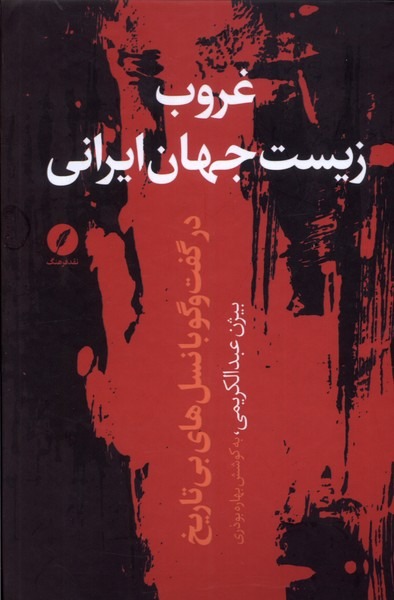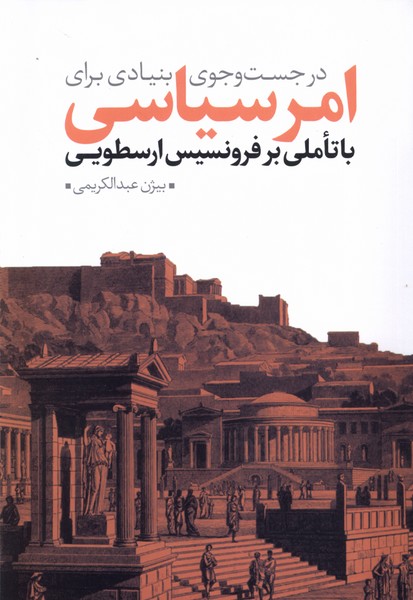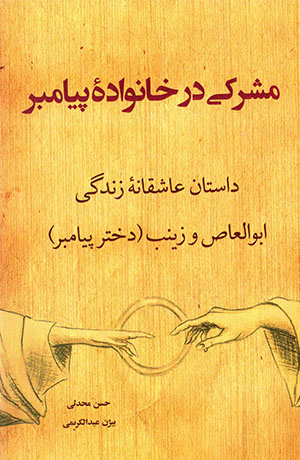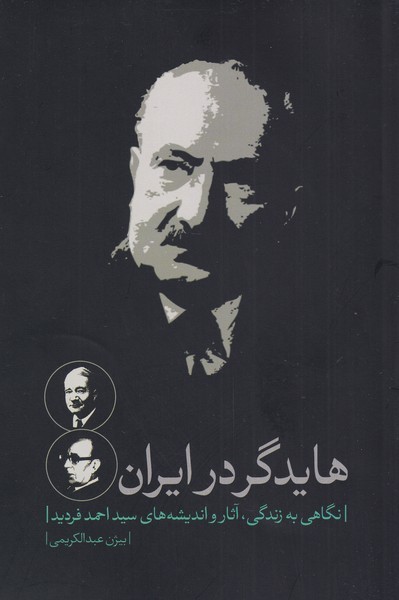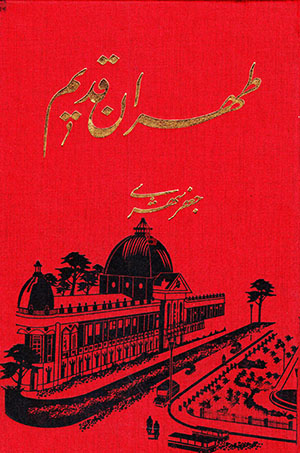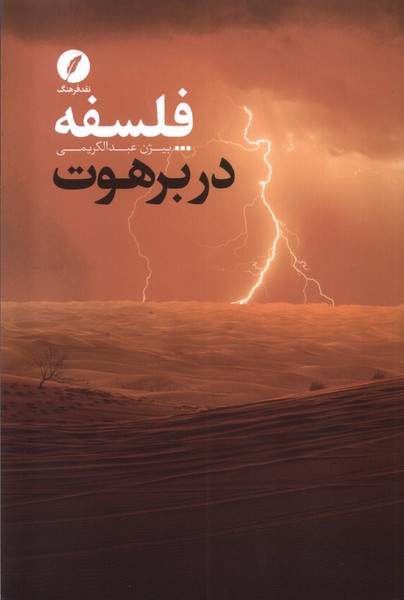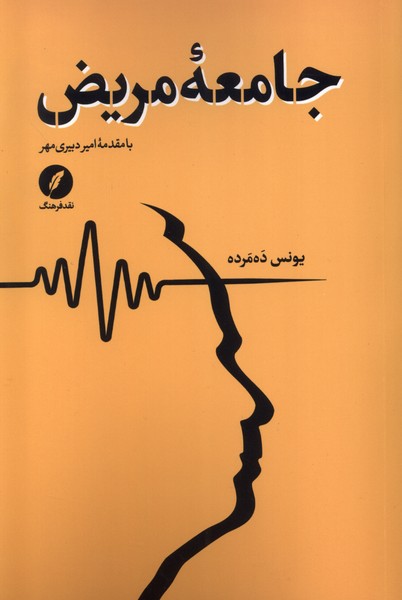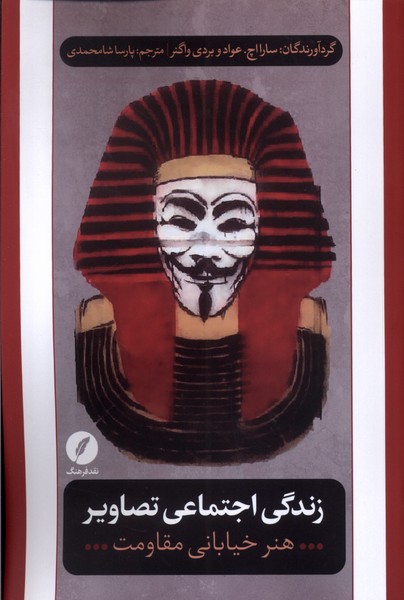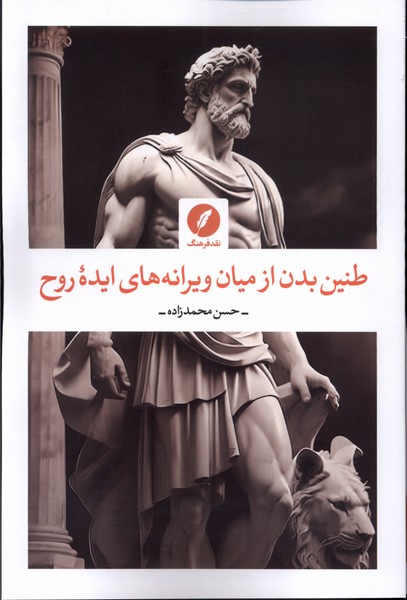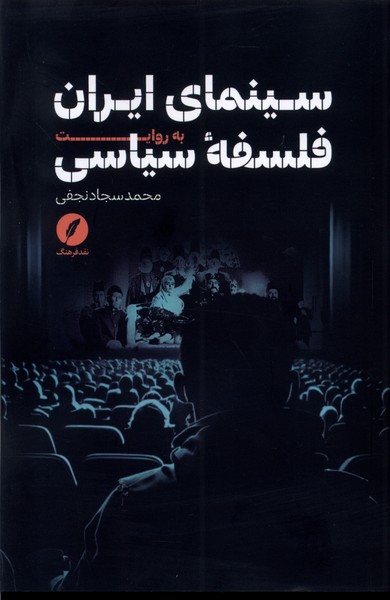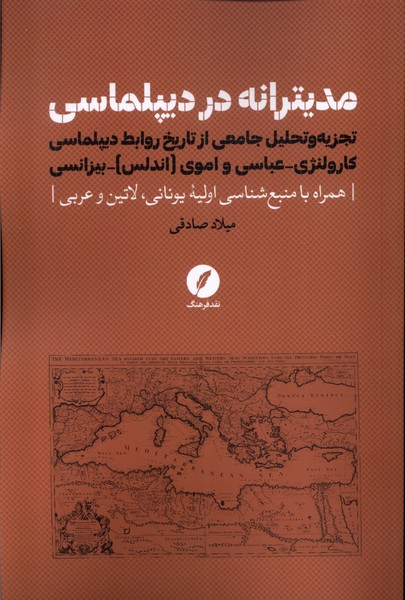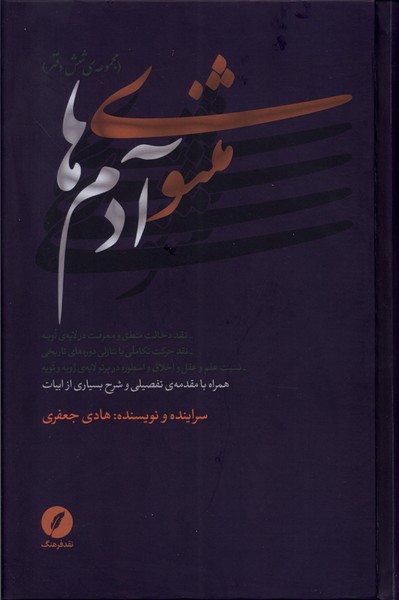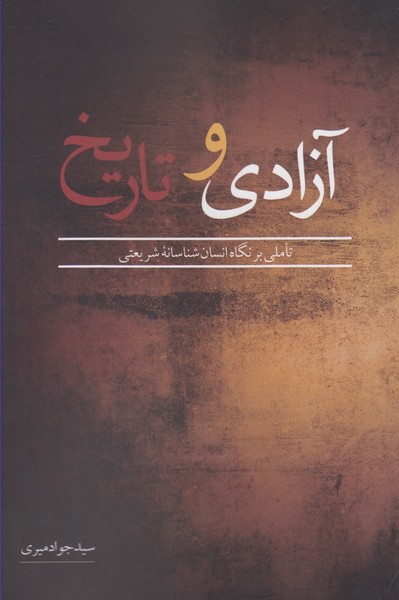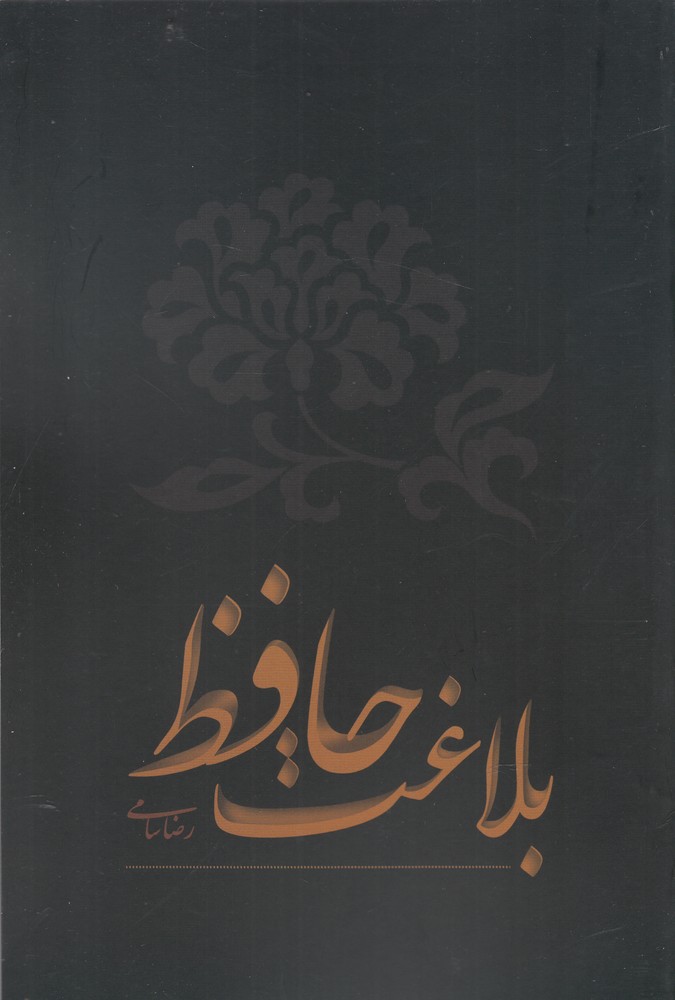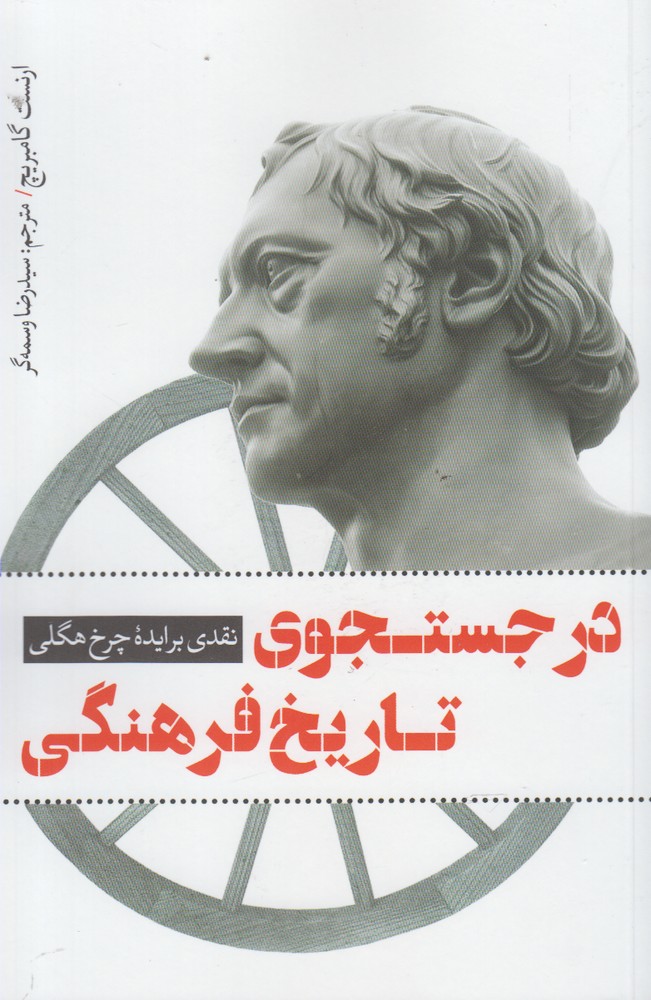Ghurūb-i Zīst-i Jahān-i Irānī dar Guft'va'gu Bā Nasl'hā-yi Bī'tārīkh: Persiska (Farsi) 1403
غروب زیست جهان ایرانی در گفت و گو با نسلهای بیتاریخ
16,88 €
Dela
Wishlist
Originaltitel:
غروب زیست جهان ایرانی در گفت و گو با نسلهای بیتاریخ
ISBN:
9786227919691
Förlag:
Naqd-i Farhang
Åldersgrupp:
Vuxen
Sidor:
630
Vikt:
792 g
Produktmått:
14 x 21 x 7 cm
Bokomslag:
Inbunden
In the last few decades, due to various historical events and changes, we are witnessing the emergence of new generations that are significantly different from the previous generations. These differences include a big gap in religious traditions, spiritual values, and cultural and historical heritage. This gap has not only affected our understanding of past legacies but has also given us a feeling of no future and no utopia for the future. In other words, the new generations are not meaningfully connected to the past and future due to these differences. For this reason, the author introduces them as "generations without history"; That is, the generation that is only in the "current life" and in the "present time".
This emergence of new generations in Iran indicates the birth of a relatively new society and Iran. These changes make us face unknown social, cultural, and historical issues that neither our traditional and religious institutions nor our universities and intellectuals have the necessary preparation to face them.
The new generations will witness the sunset of the Iranian world with the previous generations and the changes that occur in the Iranian society and world. But the question is, is there hope to find a new and real future behind this sunset and the mapping of new generations? Is it possible to feel a balance in the darkness like some poets and thinkers? Can we still search for signs and talk about them in this age without signs and in the age of wandering?
more
در چند دهه اخیر، به دلیل اتفاقات و تغییرات تاریخی مختلف، شاهد ظهور نسلهای جدیدی هستیم که با نسلهای گذشته تفاوتهای چشمگیری دارند. این تفاوتها عبارتند از گسست و شکافی بزرگ با سنن دینی، ارزشهای معنوی، و میراثهای فرهنگی و تاریخی. این شکاف نه تنها درک ما از میراثهای گذشته را تحتتأثیر قرار داده است بلکه نیز به ما احساسی از بیآینده بودن و عدم اتوپیایی برای آینده را القا کرده است. به عبارت دیگر، نسلهای جدید به علت این تفاوتها با گذشته و آینده به شکل معناداری متصل نیستند. به این علت نویسنده آنها را "نسلهای بیتاریخ" معرفی میکند؛ یعنی نسلی که تنها در "حال زندگی" و در "زمان حال" قرار دارند.
این ظهور نسلهای جدید در ایران نشانگر تولد یک جامعه و ایران نسبتا جدید است. این تغییرات باعث میشود که ما با مسائل اجتماعی، فرهنگی و تاریخی ناشناختهای روبهرو شویم که نه نهادهای سنتی و مذهبی ما و نه دانشگاهها و روشنفکران ما آمادگی لازم برای مواجهه با آنها را دارند.
نسلهای جدید با نسلهای گذشته و تغییراتی که در جامعه و جهان ایرانی رخ میدهد، در معنایی بیشتر به غروب زیست جهان ایرانی شاهد خواهند بود. اما سوال اینجاست که آیا در پشت این غروب و نقشه برداری نسلهای جدید، امید به یافتن یک آینده تازه و واقعی وجود دارد؟ آیا مانند برخی از شاعران و مفکران میتوان در تاریکی توازنی را احساس کرد؟ آیا در این دوران بینشانه و در عصر سرگردانی ما همچنان میتوانیم نشانهها را جست و جو کرده و از آنها سخن گفت؟
more

